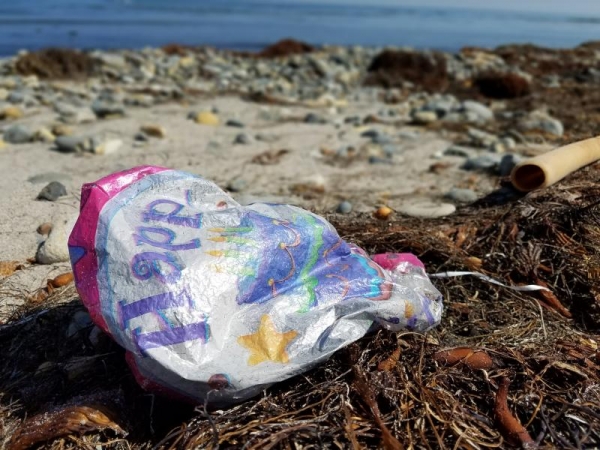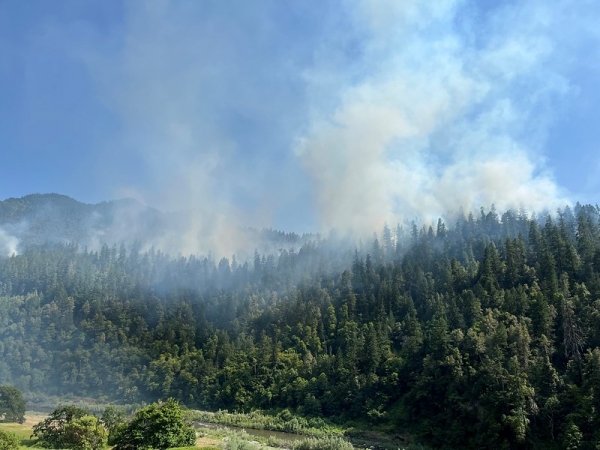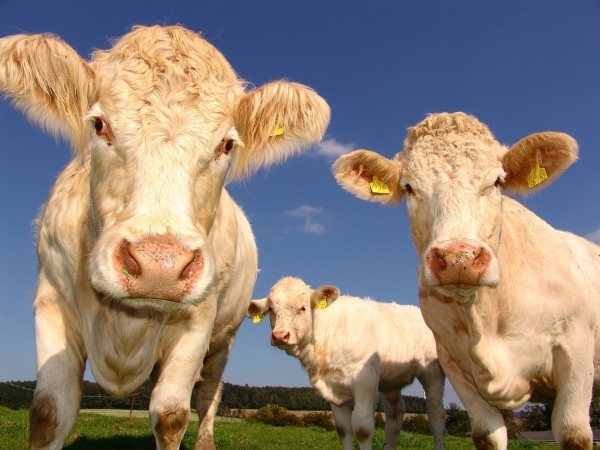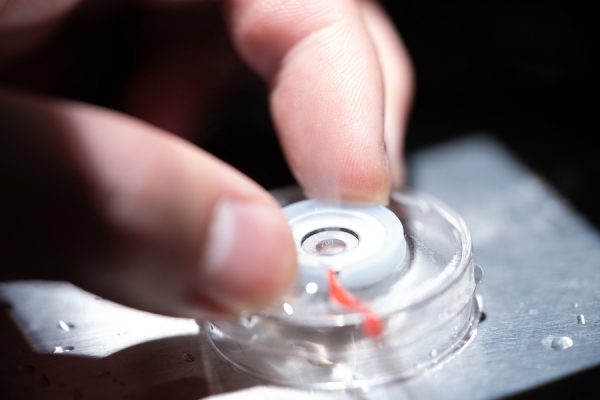It's hard to live near or visit our beautiful ocean without coming across marine debris.
articles
Research Showcases Indigenous Stewardship’s Role in Forest Ecosystem Resilience
Oregon State University researchers have teamed with the Karuk Tribe to create a novel computer simulation model that showcases Indigenous fire stewardship’s role in forest ecosystem health.
Could Automation, Electrification of Long-Haul Trucking Reduce Environmental Impacts?
A new University of Michigan study finds that automation and electrification of long-haul trucking can reduce urban health impacts and environmental damages.
A Simple ‘Twist’ Improves the Engine of Clean Fuel Generation
The researchers, led by the University of Cambridge, are developing low-cost light-harvesting semiconductors that power devices for converting water into clean hydrogen fuel, using just the power of the sun.
No Bull: How Creating Less-Gassy Cows Could Help Fight Climate Change
A Curtin University study has revealed breeding less-flatulent cows and restoring agricultural land could significantly reduce rising methane emission levels, which play a considerable role in climate change.
How Light Can Vaporize Water Without the Need for Heat
It’s the most fundamental of processes — the evaporation of water from the surfaces of oceans and lakes, the burning off of fog in the morning sun, and the drying of briny ponds that leaves solid salt behind.









